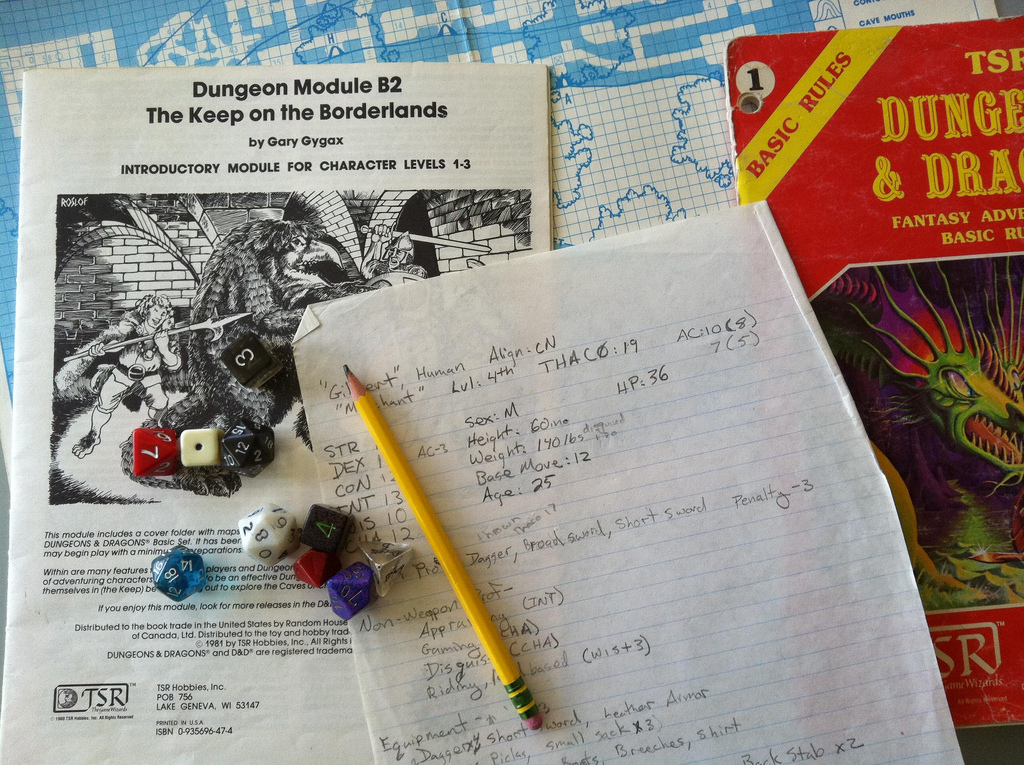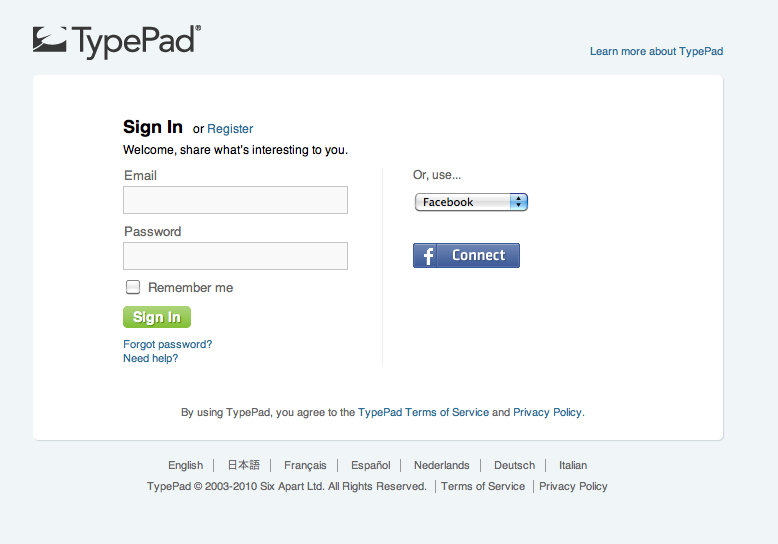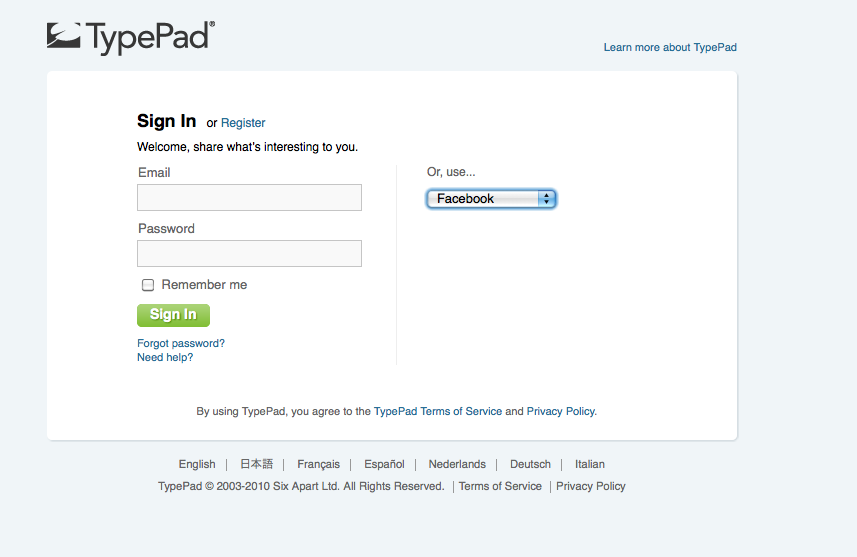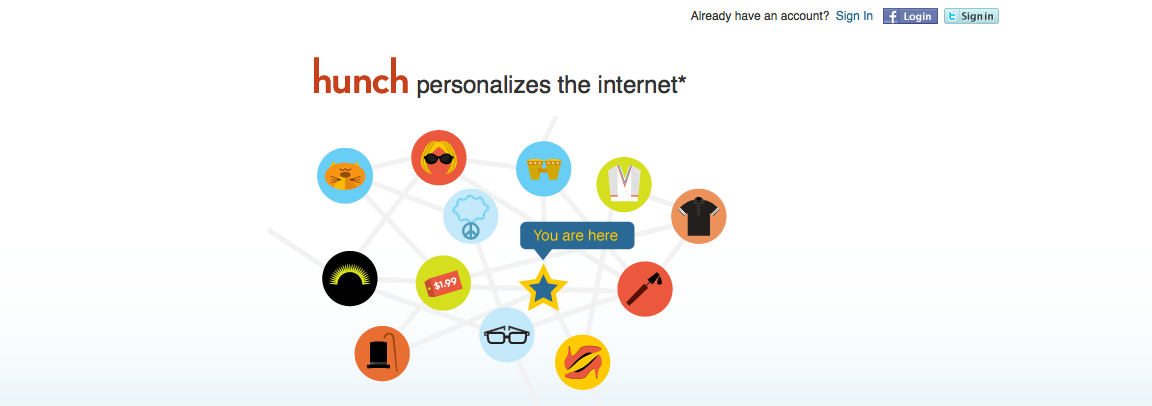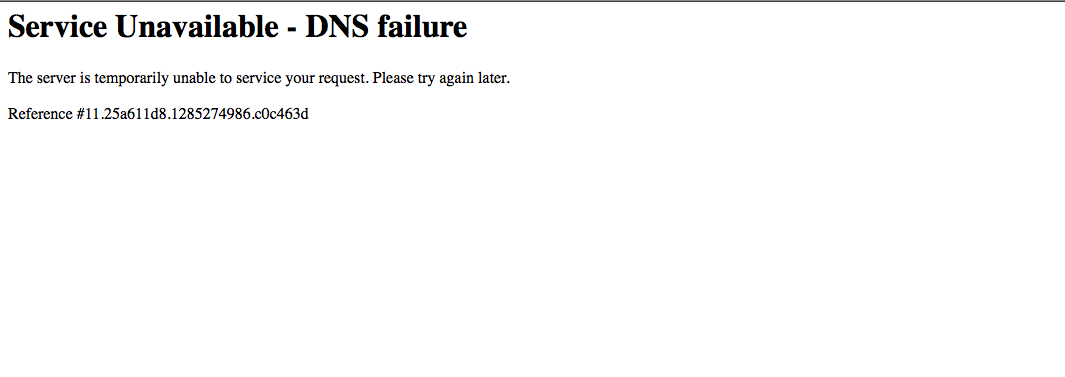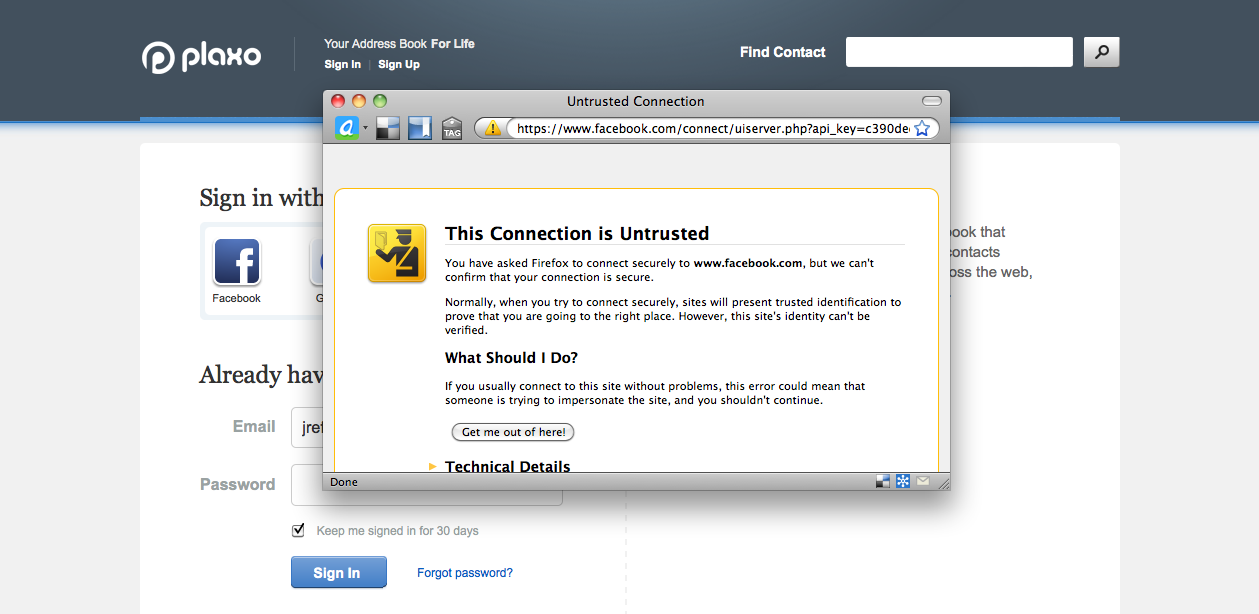It's the last day of November, 2010. I realized today while talking to a coworker over lunch that I couldn't remember the last time I used an analog phone on my end. And it was only with a bit of thinking I could say that probably when I called my grandmother (one day late for her birthday, but in time for Thanksgiving) she answered on an analog phone. Unless her retirement community switched to VoIP, which they might have.
Last weekend I was sorting out cables in my office. The (internal, PCI, unknown baud) modem went in the trash. Just typing the words "PCI" and "baud" feels ancient to me. Some of this is personal, rather than technological: poking around inside of computers is something I did for fun and for pay in the late 20th century.
Typing the words "late 20th century" feels ancient to me.
I remember reading in the 90s, with some excitement, about Bruce Sterling's Dead Media project. At the time, I knew him as a science-fiction writer. The idea that media I was then using could die in my lifetime was compelling. It made sense to me.
I think it's routine now. I am not saying anything new (and I think I'm writing here mostly about old) but really just marking this moment, the end of the month of November in the year 2010. One of those future-sounding years we hit every year now. Marking it as a moment in the passing of the old, as is appropriate for Fall.
I probably chucked a half-dozen dead or dying technologies just sorting cables. Kept a few as well, because I'm bad at throwing things out. The miniature cassette recorder stayed. The CueCat stayed. I kept that thing (acquired from a Wired subscription, natch) with the intention of using it for something cool like scanning my book collection. I held onto it past when folks had written software to do just that for an individual, past when social book collection sites appeared, past the point where I wouldn't be able to use it with my computer without an adapter, and right up to the now, when I own a pocket-sized device which, when combined with an app (which is now owned by a company that was young when the CueCat appeared and which I worked for for a time) does that which I thought I might be able to get the CueCat to do as a narrow subset of its function.
(That sentence got a little tangled. History is tangled.)
I have one device which plays full-sized music cassette tapes in the house. It's not a tape player, it's a hacky thing which fits into a PC drive bay (again, this sounds like I'm talking about vacuum tube diodes) so you can theoretically record your old mixtapes to MP3s. That's just one of a large number of possible old media projects taking up space in our house right now.
My children will probably never ask a stranger for spare change so they can call me from a payphone to ask if I can pick them up. Unless they're in a play, I guess.
This is normal. This is always happening. This may be happening at an accelerated rate, but that might also be an artifact of our inevitable Presentism.
In a few weeks I'm going to dress up in deliberately archaic clothing and walk through a pretend London. A few weeks ago, I dressed up in deliberately archaic clothing and danced at a club night that plays only music from a single decade but has been running for almost two. When I was a kid and visited London, it seemed to be a magical place where all the youth cultures of previous decades (at least the ones I cared about) kept on, incarnated in actual people.
I don't know if it's age, or the times, or the Internet, or whatever, but more places than London seem like that to me now.
